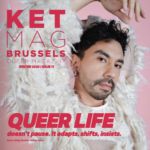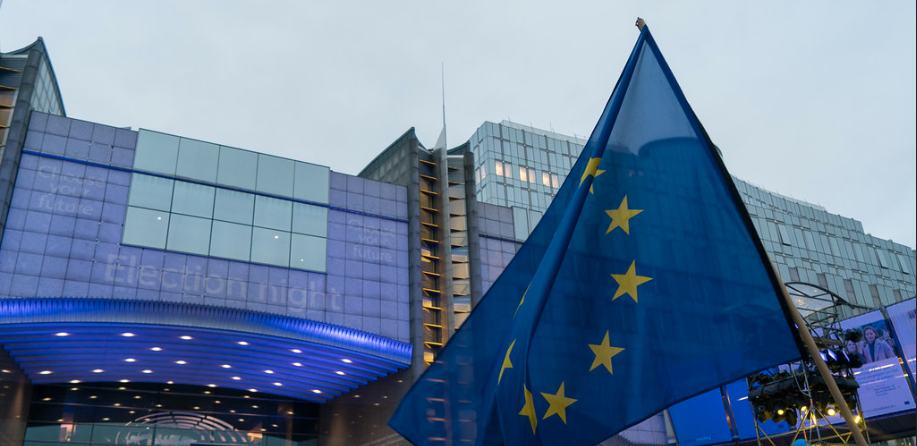Forbidden Colours, a prominent advocate for LGBTIQ+ rights, recently published its report titled ‘Queer your EU,’ offering a comprehensive evaluation of the European Union’s efforts in safeguarding the rights of LGBTIQ+ individuals between 2019 and 2024. This analysis delves into the voting behavior of Members of the European Parliament (MEPs), shedding light on both supportive and opposing trends across various EU member states.
Examining Challenges
Over the past five years, the EU has faced mounting challenges concerning LGBTIQ+ rights. Instances such as the establishment of ‘LGBT-free zones’ in Poland, the enactment of contentious laws in Hungary, and disputes over recognizing rainbow families in Romania and Bulgaria have underscored significant hurdles in ensuring equal rights for all citizens. Additionally, a surge in hate speech, hate crimes, and the spread of misinformation on social media platforms have exacerbated vulnerabilities within the LGBTIQ+ communities.
Evaluation of EU Institutions
The ‘Queer your EU’ report provides a nuanced assessment of EU institutions’ performance regarding LGBTIQ+ rights. While the European Commission’s adoption of the LGBTIQ Equality Strategy in 2020 demonstrated leadership, challenges emerged in its implementation, notably due to obstacles encountered in the Council of the EU. Legislative initiatives addressing hate speech, hate crimes, and parenthood rights faced impediments, revealing complexities in achieving unanimity among member states. The Council’s failure to adopt Council Conclusions on LGBTIQ+ rights since 2016 and the ongoing deadlock on the horizontal equality directive highlight institutional challenges.
One in four MEPs voting against LGBTIQ+ rights
Despite nearly 57% of MEPs consistently supporting key texts on LGBTIQ+ rights, the report unveils a concerning trend with one in four MEPs voting against such rights. Notably, MEPs from Ireland, Luxembourg, and Malta emerged as supportive, while those from Italy, Hungary, and Poland exhibited less favorable stances.
Recommendations for Progress
In response to these challenges, Forbidden Colours issues recommendations aimed at reinforcing the EU’s commitment to defending core values. The report calls upon European citizens to actively engage in the upcoming European Elections in June 2024 and support political groups aligned with robust advocacy for LGBTIQ+ rights.
Furthermore, the report advocates for amendments to EU treaties to explicitly include gender identity, gender expression, and sex characteristics as grounds for discrimination alongside sexual orientation. It underscores the need to extend EU competences to enhance protection against LGBTIQ+ discrimination and urges the adoption of ordinary legislative procedures to address fundamental rights issues effectively.
The ‘Queer your EU’ report offers valuable insights into the EU’s approach to LGBTIQ+ rights, highlighting both progress and challenges. By heeding the recommendations outlined in the report, EU institutions, member states, and citizens can collectively work towards fostering a more inclusive and equitable environment for all individuals within the European Union.
Full Report on the Forbidden Colours website
Photo : CC-BY-4.0: © European Union 2019 – Source: EP
You may also like
-

The New KET Is Out: Queer Brussels Keeps Moving
KET Magazine Issue 11 is out now and available in LGBTQIA+ safe spaces across Brussels,
-

Brussels Art Guide 2026: Mapping a Vibrant Contemporary Scene
Brussels is once again putting its contemporary art scene in the spotlight with the new
-

What is Sex-Positive Belgium?
Sex-Positive Belgium is a growing, real-life community of open-minded people who embrace a sex-positive philosophy. It welcomes
-

“Bi+ Equal: Europe’s First Platform Uniting Bi+ Communities Across Borders”
Bi+ Equal is the first-ever bi+ structure at the European level, a new platform created
-

“From Borders to Belonging: How Arc-en-Ciel International Guides LGBTQIA+ Migrants to Safety and Community”
Arc-en-Ciel International Rainbow (AIR) is an online platform created for and with LGBTQIA+ migrants, refugees

